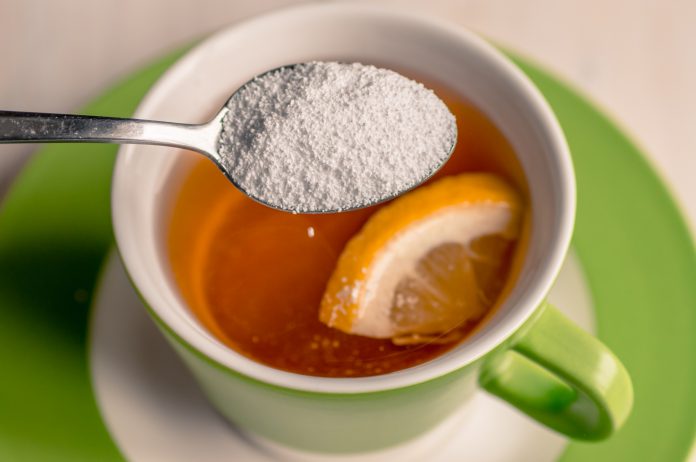New data identifies metabolic changes in babies when mothers consumed sweeteners during pregnancy – potentially heightening their risk of obesity
As many people use low-calorie sweeteners as a healthier alternative to sugar, this study sets out to explain the unexpected effects this sweetener shift may have on pregnancies.
Though sweeteners are largely non-toxic in adults, previous research suggests that prenatal consumption by mothers can affect obesity risk and the microbiome in infants.
Investigating the link between consuming sweeteners during pregnancy and a child’s risk of obesity, scientists used pregnant rats, feeding them with stevia or aspartame, which then made them give birth to pups that had a higher risk of obesity and specific changes in their gut microbiome.
While maternal nutrition has always been important, this study highlights this knowledge in a new way. The team found that when rat mothers consumed sweeteners during pregnancy, their offspring tended to have a higher body fat percentage. Applying this knowledge to human mothers, it is suggested that maternal diet during pregnancy can significantly affect obesity risk in children.
Changing the bacterial populations in babies’ guts
No study has yet examined this change in microbiomes in detail to understand the specific changes in microbial populations and their potential link to obesity.
In the new study in Frontiers in Nutrition, the researchers fed aspartame, stevia or plain water to pregnant rats. Once the rats gave birth, the researchers weighed the rat pups and investigated their gut microbiomes to assess how the sweeteners had affected them.
Professor Raylene Reimer of the University of Calgary, and senior author on the study, said: “We know that a mother’s diet during pregnancy plays an extremely important role in determining whether their offspring will develop certain diseases later in life.
“In this study, we were interested in determining how consuming low calorie sweeteners during pregnancy, specifically the artificial sweetener aspartame or the natural alternative stevia, affected the gut bacteria and obesity risk of offspring.”
A mother’s diet during pregnancy can directly affect a baby’s health
The sweeteners had minimal effects in the rat mothers but had significant effects in their offspring.
Shockingly, when rat mothers consumed sweeteners during pregnancy, their offspring tended to have a higher body fat percentage, as well as sustaining changes in gut microbial communities, with increases in propionate- and butyrate-producing microbes and reductions in lactose-fermenting species, which could explain their weight gain compared to the pups who did not have the sweeteners.
Reimer added: “Even though the offspring never consumed the low-calorie sweeteners themselves, their gut bacteria and obesity risk were influenced by the sweeteners that their mothers consumed during pregnancy. We found that specific bacteria and their enzymes were linked to how much weight the offspring gained and how much body fat they accumulated.
“A mother’s diet during pregnancy is very important for the short- and long-term health of their infants. Following dietary guidelines and staying within the recommended weight gain guidelines for pregnancy are key steps to take.”
Though the study was performed in rats, and isn’t directly applicable to humans, previous human studies have shown a similar link between consuming sweeteners during pregnancy and higher infant body mass index.
The scientists are looking for further research to provide clearer guidance on this issue but suggest mothers to avoid sweeteners during their pregnancies.











